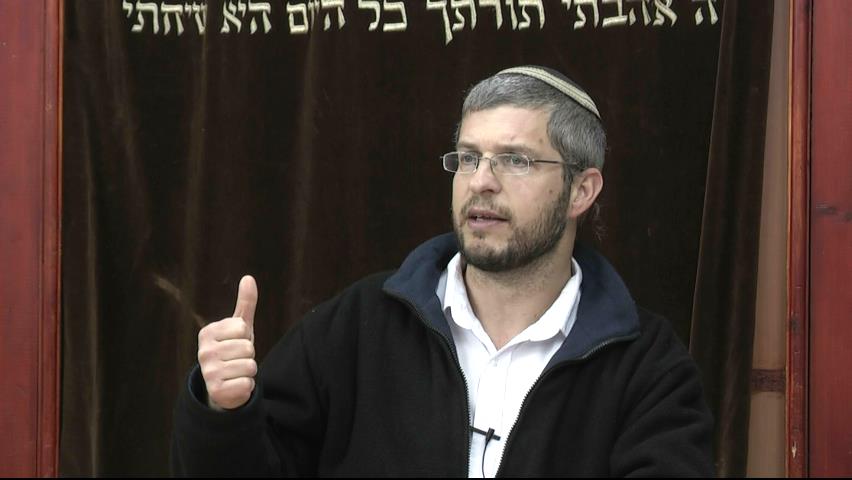41
There were two patriarchs who each "inherited" his status from his illustrious father. Yitzchak was promised his central role in receiving the protection, blessings, and responsibilities of a covenant with Hashem "because of your father, Avraham" (see Bereishit 26:24).Yitzchak received his father’s blessing, enabling his success, as we read in this week’s parasha. But neither result was taken for granted.
Avraham was reluctant at best to choose one son (Yitzchak) over another (Yishmael) (see Bereishit 21:10-11). Hashem got involved directly, instructing Avraham to put his clear priority on Yitzchak (ibid. 12), a lesson which we see later Avraham fully internalized (see ibid. 25:5-6). Yitzchak emerged victorious without having to do anything. On the other hand, there was also an apparent threat to Yitzchak’s very existence. Avraham was commanded to place him on an altar as a human sacrifice, only for that commandment to be clarified to mean that he should place him but not slaughter him. In this context, Yitzchak was called upon to play a crucial, even if physically passive, role. He allowed his father to proceed and prepare to kill him without so much as a protest or complaint. This great event solidified the status and provided unparalleled merit not only to Avraham but to Yitzchak and through each, to their descendants.
Yaakov’s status in the legacy of his forebears was very much in question, with Yitzchak deciding to give a prominent beracha to Eisav. Here, Hashem did not directly intervene. Rather, his mother had to devise a difficult plan, and Yaakov had to (reluctantly) carry it out without explicit divine command but based on parental leadership which stretched the moral imagination, at apparent peril (see ibid. 27:12). (Of course, Hashem brought the success "behind the scenes.") In contrast, when it came to physical survival, Yaakov was endangered by two relatives who had plans of harming him, Lavan and Eisav. In this case, Yaakov was not morally tested, like Yitzchak had been. He "got into trouble" by following Hashem’s directive to return to his father’s home at the time and in the manner that Hashem prescribed, and Hashem warned Lavan (ibid. 31:24) and changed the sentiment of Eisav.
So, in this way too, we see the patriarchs, as harbingers of the future of generations of offspring to follow the proper precedents. It is not simple to survive, and it is not simple to thrive spiritually. No amount of human initiative will succeed without the good will of Hashem, and His assistance will always be necessary. On the other hand, we will not be in the situation to receive Hashem’s full grace without some level of proper action. Our nation is, by divine design, built on role models who emerged successful because of a combination of their greatness and willingness to sacrifice and stand up and do the right thing, along with unique Divine Providence.

Automatic Payment on Shabbat or Yom Tov
Rabbi Daniel Mann | Tishrei 29 5776

seudat hodaya
Rabbi Daniel Mann | 5772

Grave Issues about Graven Images
Rabbi Yirmiyohu Kaganoff | 5772

The Goat for Azazel
Rabbi Chanan Morrison | 5770

The Yom HaZIKARON SIREN- EVERY ARROW NEEDS A HEAD!
Rabbi Ari Shvat | Iyar 5785

Parashat Hashavua: More Mila than Brit?
Rabbi Yossef Carmel | Iyar 5785
Daf Yomi Makkot Daf 18
R' Eli Stefansky | 28 Nisan 5785







